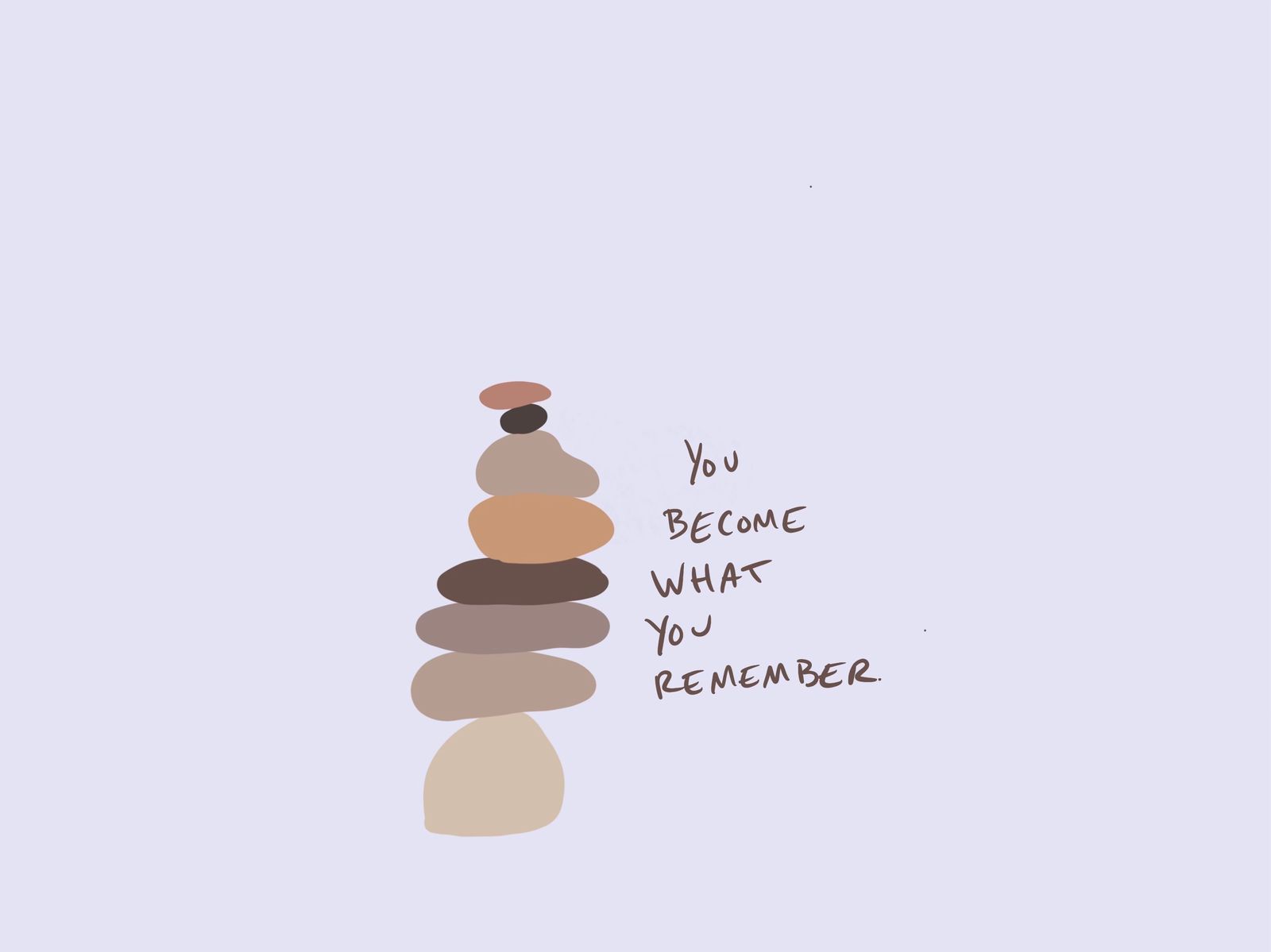We had a budget meeting on Tuesday night. It was not the fun kind where we had surplus. It was the way more common kind where we had to prioritize competing necessities and do something that felt really radical: We had to say "no" to ourselves.
We work hard, we take care of people, at the end of the day, we sort of expect that we can do what we want with what we have left. Not Tuesday, we couldn't do that. Not this month or the next or the one after or the one after that. We had to deny ourselves for a new waterheater and getting the truck fixed (again and again...and again) and dental work.
We ran the numbers, looked at each other and sighed, we didn't expect all these setbacks to hit in quick succession. We were in the midst of a storm of disappointment. It's easy to shut down and spread the blame around in a marriage when you're in a "for poorer" season. It's harder to sit with the disappointment and leave room for the other person to do the same. The rain pattered at the windows outside. It rained for 3 days straight. It was like someone just kept ringing out a giant sponge onto the earth. We couldn't escape the soaking dampness. That's how the disappointment felt--pervasive, saturating. We were absolutely waterlogged in it for days.
Restraint isn't a celebrated virtue. It doesn't fill you up with a whole bunch of "Huzzah! We have done it! Look at how glorious we are!" It does not cheer you on, especially when you feel like you need cheered on. There was this sweet little sprite of a girl with whiteblonde hair on my team at VBS. She didn't like the snack one night. Rice krispies. She sweetly asked me several times, "Miss Kate, isn't there something else I can have instead? I don't like this one." I bent down and looked her full in the face each time: "I'm sorry, honey. This is what's available. There are no other options. I know you don't like it, but I can't do anything else. You must feel really disappointed." She didn't scowl at me or throw a temper tantrum. She looked sad and sat down to stare at the treat in her hand. Like if she thought hard enough she could imagine a way to make a cupcake materialize. She asked me for a new snack three times. Each time, I said the same thing. Each time, she sat down and turned her treat over and over in her hand. Finally we went outside to play. She left her snack on the floor without looking back.
Disappointment is like that. You look at what you have in your hand and try to will it into something else you want more. It's part of the process, part of the reconciliation between ideal and real. You have to sit with disappointment for a while, to reconcile in your mind what you wanted to be in your hands and what is actually there. The sitting is necessary, the turning it over in your hands is necessary, it's a reality-check. But so is the running out to play, when snack time is over and it's time drop your disappointment on the floor and go outside to play.
Wisdom is knowing when to drop it.
We don't celebrate restraint in our culture. We rely on it, we trust in it each and every time we walk out the door, it's the basis of our society. A shared set of laws, a moral code. But we don't celebrate it. We urge each other to buy more, do more. Advertisers, sitcoms, Instagram valorizes the new and shiny and well-staged, not the dingy and trustworthy and messy. Unseen faithfulness is what knits together our families and communities. It's what holds the space for you to sit with disappointments until it's time to move on.
Practicing restraint is like having a strong backbone. It isn't seen, the fruits of it are taken for granted until it goes out, but it's foundational and structural to a good, healthy, full life. Restraint gives you a strong posture, head held high, heart open, full of energy and endurance. It gives you the strength to have open hands so you can share generously and let go generously too.





